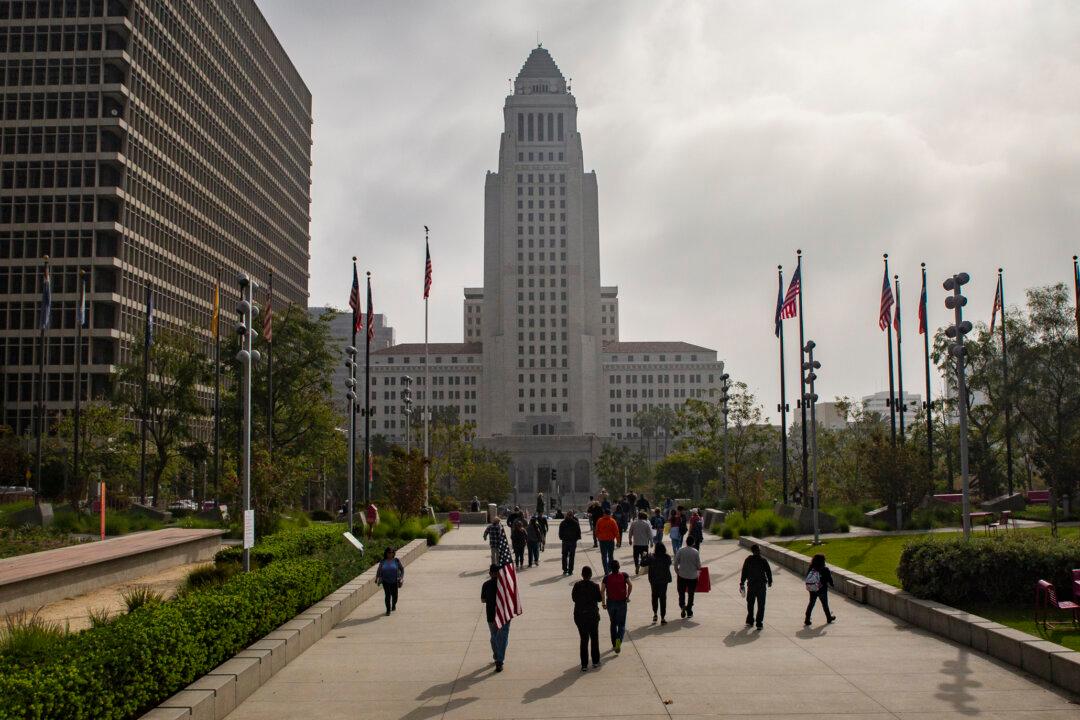LOS ANGELES—A Los Angeles City Council committee on Oct. 5 unanimously approved a set of recommendations to create an Independent Redistricting Commission that would redraw the boundaries of council districts for future elections.
But the Ad Hoc Committee on City Governance Reform left for another day plans to possibly expand the council into more, and smaller, districts.





